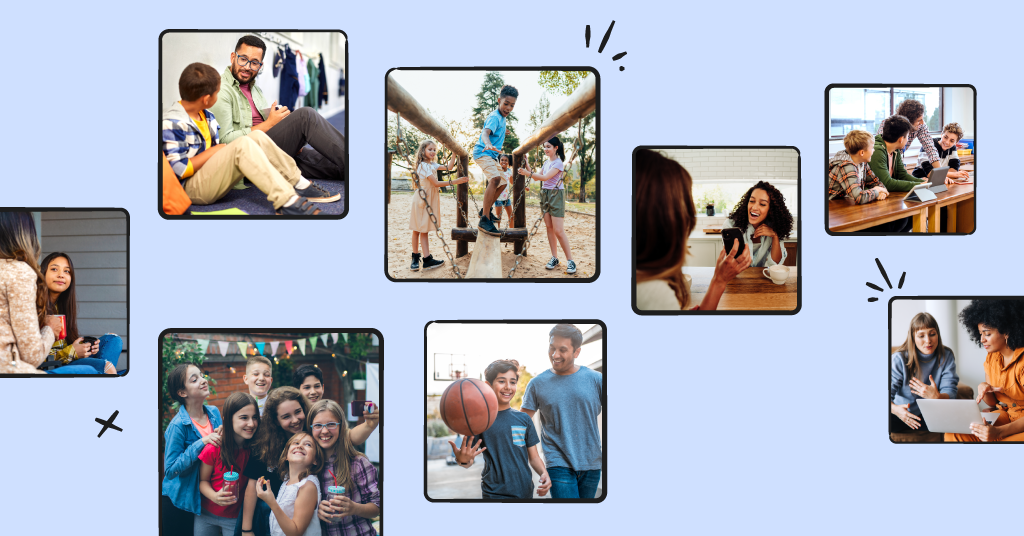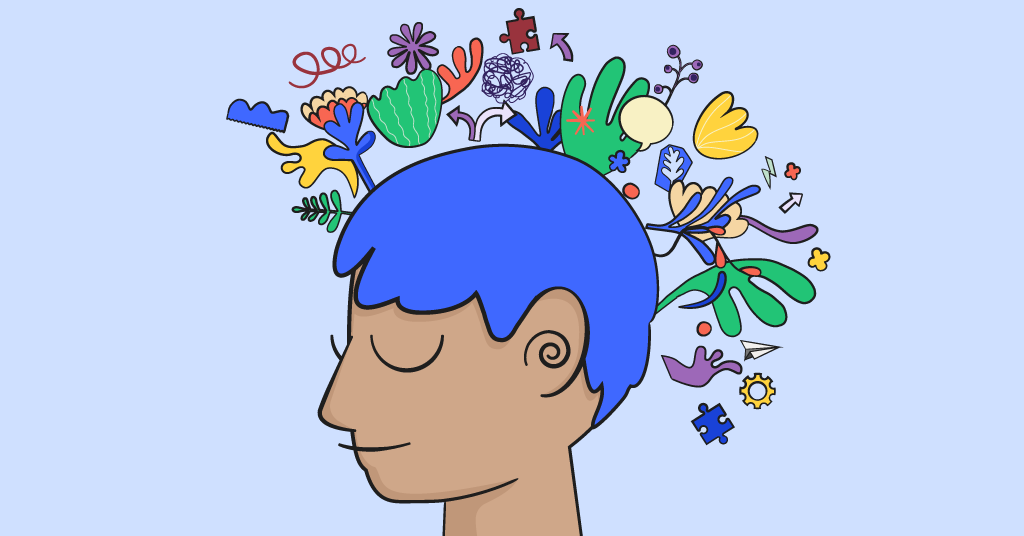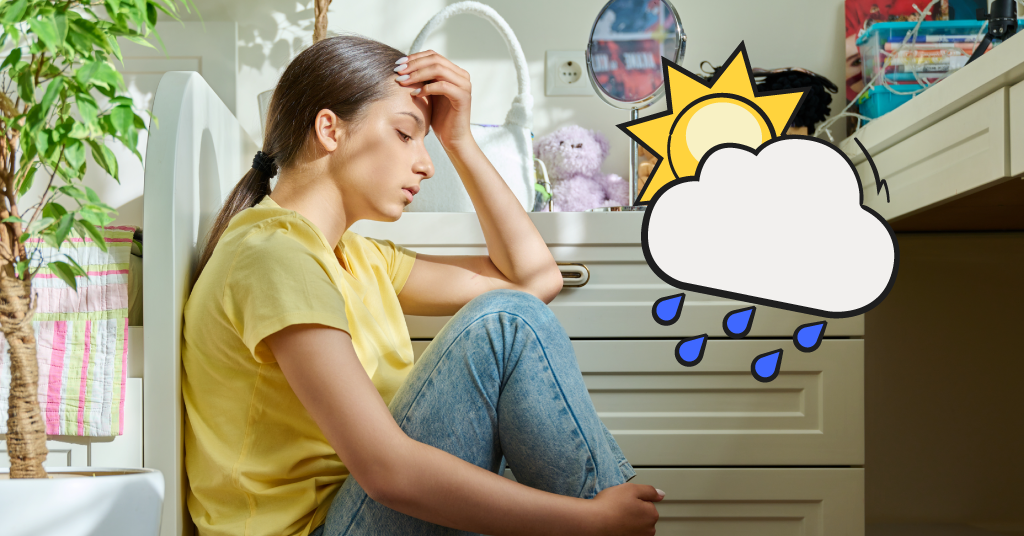
**This blog post was updated on December 1, 2022.**
What happens when you mix colder, darker weather and a lack of outdoor time? It's the perfect recipe for feeling blue. Many families experience a tough time getting through the festive season, and in some cases might even lead to holiday depression.
We know this time of year can be hard for kids and parents alike, so we’ve put together some pointers to help you support your kids right now.
Stick to a Routine
They probably don’t realize it, but kids crave structure to their days — it gives them a sense of security and reduces worry. But with school out of session for a few weeks, it can be hard to stick to a daily routine. While you can’t control everything, you can give kids an idea of what to expect one day at a time. Write up a daily schedule and stick it to the fridge, even if it’s just a few to-dos. Kids will appreciate knowing what’s coming up and having some activities to look forward to.
Rest, Rest, Rest
The first thing that usually suffers when routines change is a steady sleep schedule. The holiday season may see kids staying up past their usual bedtimes as they watch TV and play video games. Unfortunately, fatigue is a common factor leading to lower moods in children, and many parents know all too well that it leads to grumpiness. Make sure your child is getting the recommended amount of rest. For kids and tweens, that’s 9 to 12 hours a night. For teens, it’s 8 to 10 hours a night.
Set Realistic Expectations
When kids see what they don’t have on social media or TV, they can feel disappointed. Have open conversations about what the holidays will be like for your family this yeaer, and acknowledge whether financial or family circumstances will result in a different experience than last year.
Is Your Child Feeling Blue or Is It Depression?
There’s a difference between the winter blues and depression. Feeling blue is usually the result of changed schedules, less fun outdoor time, and not enough sleep. If you’re worried that your child is more than just sad or upset as a result of the common challenges that come with the holidays, learn to recognize the signs of depression. As their parent or guardian, you know them best. Keep an eye out for the following warning signs, especially if they last more than two weeks:
- Sadness
- Irritability
- Changes in appetite
- Changes in sleeping patterns (too much or too little)
- Feeling slowed down or "burned out"
- Physical complaints (stomachaches, headaches)
- Behavioral changes (conflicts with family and friends, declines in school performance, inappropriate sexual activity, use of alcohol or drugs)
No matter what the holidays have in store for your family, we hope this blog post has helped you learn what to do if it looks like your kids are feeling blue this year. Remember, the holidays can be stressful! So keep that in mind as you navigate plans and activities this year. Try and support your kids when and where you can, and if possible, spend a little extra time this holiday season bonding as a family and talking about how they feel. Once we round the new year, spring is just around the corner!
Read more
Bark helps families manage and protect their children’s digital lives.






